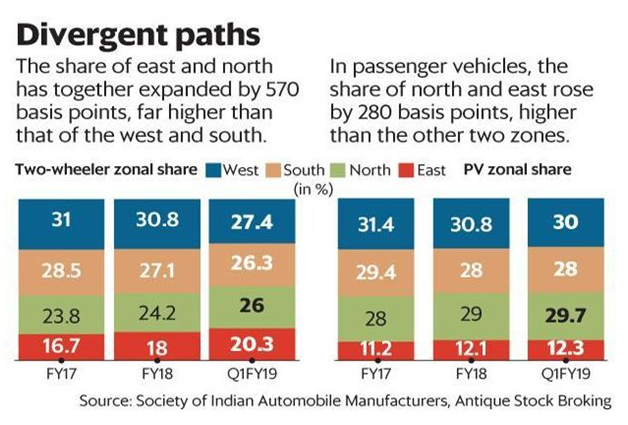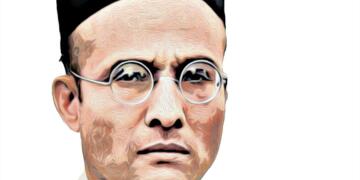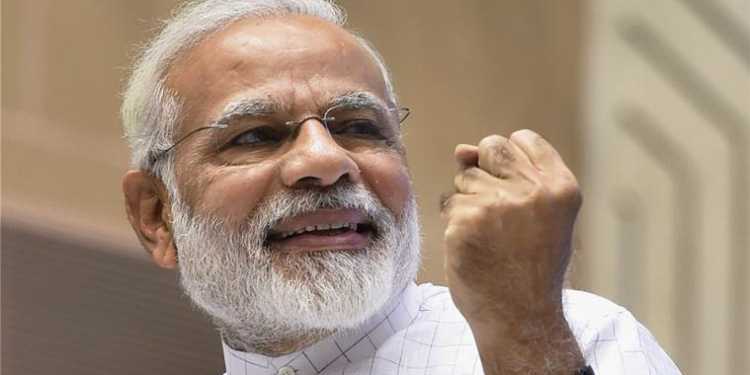The rural part of the country has long suffered a slow economic growth. The reasons were various including droughts and floods, negligence from government, sheer dependence on agriculture. After droughts in 2014,2015 and government’s cut in rural spending, the rural economy has practically collapsed. Agriculture- the life support of rural economy has posed negative growth in initial years of the Modi government. But the last few years have been good for the rural parts of the country. Monsoon has been good in 2016, 2017 and this year as well. The government spending on agriculture and rural economy increased substantially in this year’s budget.
Read more:-
The demand for two-wheelers and passenger cars have been higher in rural parts of the country compared to urban India. Data from the Society of Indian Automobile Manufacturers (SIAM) suggests that purchase of automobile in northern and eastern parts of the country outpaced the purchase in southern and western India. Given that south and western India is highly urbanized compared to northern and eastern India, we can conclude that purchasing power of rural India has increased in last the two years. According to Antique Stock Broking Ltd, “The share of eastern and northern regions has increased by 570 basis points for two-wheelers and 280 basis points for passenger vehicles, since fiscal year 2017.” The prediction from SIAM data could be reliable because it is only consumer sector which has strong data collection mechanism and till now many government and non-governmental organizations use SIAM data to analyze overall consumer activity.

A more detailed analysis by Antique Stock Broking Ltd revealed that Uttar Pradesh, Bihar, Madhya Pradesh, West Bengal and Odisha has shown northward trend in vehicle sales while Karnataka, Tamil Nadu and Maharashtra moved southwards. Growth in two wheeler sales in northern and eastern region of the country zoomed by 680 basis points. The demand for vehicles in rural India is not limited to two wheelers, its share in passenger vehicles increased too. This is an indication towards rising disposable income in rural parts of the country. According to Antique Stock Broking, the regional difference in growth rates is “due to monsoon divergence, state-level developmental infrastructure push, growth moderation in highly urbanized states and improved organized finance penetration.”
The RBI annual report released on 29th August revealed that household savings is highest in the last seven years. In the post-demonetization period withdrawal of bank deposits has been among highest in last fiscal year. The increased government spending on rural infrastructure coupled with good monsoon is primary contributing factor in rise of rural demand. During demonetization many industrialists and rich people paid advance salaries to workers which increased disposable income of people. JAN DHAN accounts made sure that almost everyone in the country has a bank account, so many poor families deposited money of rich people in bank accounts of their family members on commission basis. So, these poor families earned lakhs of rupees due to demonetization which led to increased spending in rural areas in post-demonetization period. The rural demand suggests that the rural economy is in good shape and this is good news for the Modi government which will seek re-elections in less than a year.

























